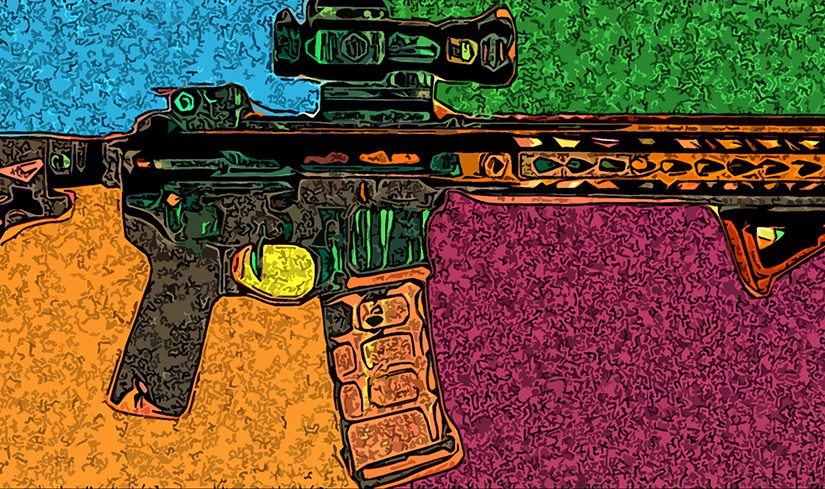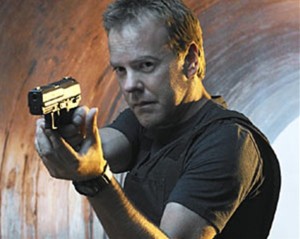I’m falling out of love with the internet.
I don’t know what exactly that means.
I know that I used to feel this deep, ever-flowing fondness for this place; I consistently felt awe for its impossible weirdness, its endless nooks and crannies that were such a delight to explore. I would gladly lose myself in the digital woods over and over again, exploring abandoned fortresses of outlandish subcultures, hunting for obscure bullshit across hill and dale.
I know that I now mostly feel a mixture of neutral gratitude for its conveniences and a constant, aching throb of weariness. Not just for the news and politics and social media, nor for the eternal arguments between misguided anuses. But for the repetition. The intense homogenization of our dialectic.
me: Memes have become so ubiquitous that they are supplanting genuine conversation
also me: It is fucking WEDNESDAY my dudes
me, an intellectual: Memes are a truly 21st century means of communication, the next step in the evolution of humor
you, an idiot: These are barely more than knock knock jokes and future generations will mock us ruthlessly
Every goddamn day I get on Twitter, I see geniuses – actual geniuses, people that are stunningly good at fucking whatever – farting out hot takes frosted with whatever flavor meme is currently trending. Over time, some of these formats prove to have some longevity, and now we have a whole roster of lazy starter kits that are sure to make the kids at home go apeshit for your PIPING FRESH HOT CONTENT.
i’m not bitter YOU’RE bitter shut up~~
Imagine going back ten years in time and telling all the journalists that they’ll be unironically trying to use stock photo memes to speak truth to genuinely fascist power on Twitter.
I have no point here. I just feel like every time I hunker down with my laptop or phone and SURF THE NET I find my brain glazing over with this sticky, slimy sensation of same-ness wherever I go.
Maybe I’m just getting cynical. Maybe I’m romanticizing the way the internet used to be. Maybe I’m looking in the wrong places. Maybe complaining is my way of feeling above it all.
Good night.



